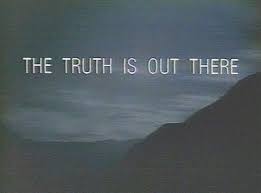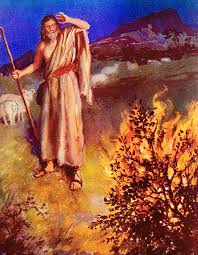
Jesus the messiah?
The Jews believe that the Hebrew Bible or Old Testament describes the Messiah as a national saviour and warrior who would arrive at the time of the Babylonian exile (hundreds of years before Christianity) and restore the nation of Israel with its capital as Jerusalem.
The original "messianic" aspirations of the Jewish People was to return from Exile and to restore the Davidic dynasty and the Jewish nation. While there was partial fulfilment of those hopes, given the return from Babylonia and the rebuilding of the Second Temple, new ideas were arising in that part of the world.
The Jews point to many things that Christ did not fulfil, here is a list of such:
Did he bring physical restoration to all who are sick or disabled in any way? (Isaiah 35:5-6)
Did the nations help the Jews materially? (Isaiah 60:5, 60:10-12, 61:6)
Does eternal joy and gladness characterize the Jewish nation? (Isaiah 51:11)
Are Jews sought for spiritual guidance? (Zechariah 8:23)
Is the Egyptian river dry yet? (Isaiah 11:15)
Do trees in Israel yield new fruit every month? (Ezekiel 47:12)
Did each tribe receive it’s inheritance? (Ezekiel 47:13-14)
Is the enemy buried? (Ezekiel 39:12)
Did he accomplish these tasks without tiring or failing? (Isaiah 42:4)
Did death cease? (Isaiah 25: 8)
Are the dead resurrected? (Isaiah 26:19, Daniel 12:2, Ezekiel 37:12-13)
Was he preceded by Elijah? (Malachi 3:23-24– 4:4-5 in KJV)
Many of these, Christians believe, are easily answered by the so called "Second Coming". The Jewish understanding of the messiah however does not involve any suggestion of a "second coming" but the message of Jesus of Nazareth was one of return. Jesus of Nazareth preached that he would fulfil the things he did not do in his life time such as world peace, eternal joy and the "burying" of the enemy in his second coming. This does not satisfy the Jewish understanding of the Messiah.
The Jewish idea of messiah does not in anyway invoke the idea of a divine saviour. The messiah hoped for by many generations of Jews is one that fights and destroys Israel's enemy's in the here and now and creates a Godly kingdom with Israel at its head. Jews also note a verse in the old testament that is a rebuttal of Jesus' claim as a sacrifice. The verse states:
"The fathers shall not be put to death for the children, neither shall the children be put to death for the father. Every man shall be put to death for his own sin." Deuteronomy 24:16
Another example of this is where Moses offers to atone for the sins of his people. The story goes as follows:
"And it came to pass on the morrow, that Moses said unto the people, Ye have sinned a great sin: and now I will go up unto the Eternal; perhaps I shall make an atonement for your sin. And Moses returned unto the Eternal, and said, Oh, this people have sinned a great sin, and have made them gods of gold. Yet now, if thou wilt forgive their sin--; and if not, blot me, I pray thee, out of thy book which thou hast written. And the Eternal said unto Moses, Whosoever hath sinned against me, him will I blot out of my book. Therefore now go, lead the people unto the place of which I have spoken unto thee: behold, mine Angel shall go before thee: nevertheless in the day when I visit I will visit their sin upon them. And the Eternal plagued the people, because they made the calf, which Aaron made." Exodus 32:30-35
Jews also reject the idea of blood atonement and the idea of the human sacrifice of Jesus. Jews point out that other sacrifices were accepted by God and so a blood atonement is not necessary:
Then one of the seraphs flew to me with a live coal in his hand, which he had taken with tongs from the altar. With it he touched my mouth and said, "See, this has touched your lips; your guilt is taken away and your sin atoned for. Isaiah 6:6-7
Take heed to thyself that thou be not snared by following them, after that they be destroyed from before thee; and that thou inquire not after their gods, saying, How did these nations serve their gods? even so will I do likewise. Thou shalt not do so unto the Eternal thy God: for every abomination to the Eternal, which he hateth, have they done unto their gods; for even their sons and their daughters they have burnt in the fire to their gods. Deuteronomy 12:30-31
Of course, a lot of this does not cover the Christian belief that Jesus Christ was not only the promised messiah but also God incarnate. Why? Simply because the idea is ludicrous to Jewish thinking and a blasphemy to their God.
This blog could not possibly cover all the reasons Jesus or Yeshua is rejected as the promised messiah. To gain a better understanding, study the Bible verses listed and click here for a more in detailed look at the Jewish rejection of Jesus as messiah:



No comments:
Post a Comment